Each organization might define “pre-award” and “post-award” differently. So in this post, for simplicity’s sake, let’s say pre-award is leading up to setting up an account to manage funding, and everything after that is post-award.
Pre-Award Research Administration
Here’s what duties are typically exclusively pre-award:
Finding funding
Locating funding via search engines such as Pivot, Grants.gov, Foundation Center, individual funding agency websites, or even Google.
Budget creation
Working with the principal investigator(s) to determine what their budgetary needs are, as well as incorporating and taking into consideration other factors such as organization and funding agency limitations or set rates (fringe benefits, indirect costs, etc.).
Filling out proposal forms
Completing forms, which depending on the funding agency, could be a simple cover page or something as involved, or more involved, than a grants.gov package.
Submitting the proposal
Submitting the final, internally approved proposal to the funding agency for consideration.
Award negotiation and acceptance
Negotiating the corresponding award and its formal acceptance by your organization.
Compliance considerations
Making sure compliance requirements (funding agency and project specific) such as human subject, animal subject, responsible conduct of research, financial conflict of interest, etc. are satisfied. Typically this is completed by a research compliance office, but most pre-award offices still need to verify the appropriate documents are completed/approved prior to turning the project over to the post-award group.
Post-Award Research Administration
What does it mean to work in a post-award office? While this too can vary by organization, post-award processes include the following:
Award/account setup
Establishing a central general ledger number for the principal investigator(s) to charge project expenses to.
Modifications
Managing any changes to the initial award which do not require a new proposal. Examples are a no-cost extension, change in personnel, scope revision, budget reallocation, etc.
Financial compliance monitoring
Making sure expenses charged to the project meet standards set forth by your organization, the government, and the funding agency.
Monitoring, reporting, and billing
Generating invoices for use of research facilities or charge back centers, tracking those funds, monitoring and tracking space and equipment usage, preparing and submitting interim and final financial reports, invoicing or completing funding agency drawdowns, etc.
Project reporting
Submitting progress reports and deliverable reports as defined and required by the award document.
Project close-out
Filing all the paperwork, internal and external, to close out the project and address items such as unused funds, equipment disposition, intellectual property generation, etc. in accordance with the award document.
Solutions to Help with Pre- and Post-Award Administration
Whether your office manages pre-award, post-award, or both, software can make your job dramatically easier. Cayuse’s research administration software is innovative, easy to use, well-supported by a great implementation staff with research administration experience, and competitively priced.
Want to see what your colleagues are saying about us? Check out our customer case studies and other resources. If you’d like a demo or just some more info (no pressure!), get in touch today! We’d love to help figure out how you can save time and simplify your processes.


